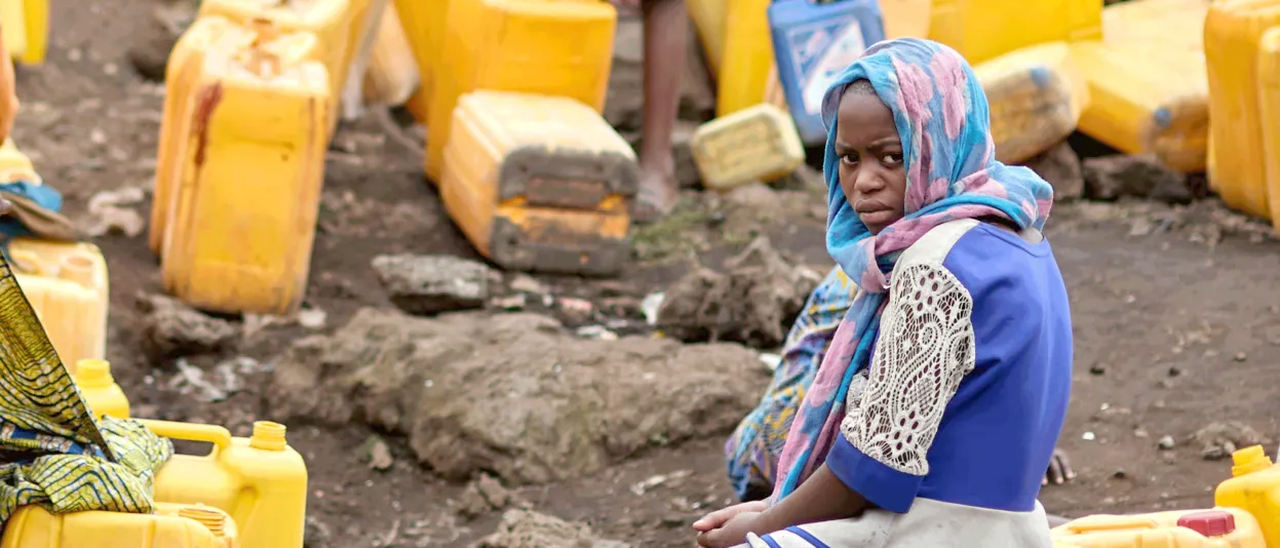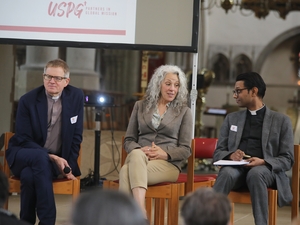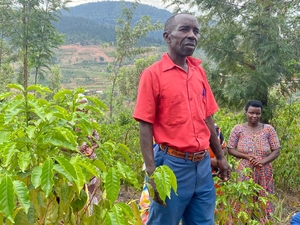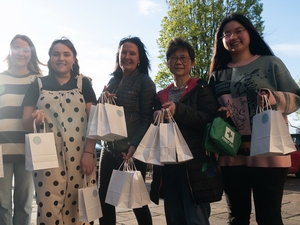Bishop’s Lent Appeal 2024
Last year generous worshippers raised more than £9,000 via donations and fundraising events, which was split between two good causes – the Tearfund Middle East Appeal to help those displaced or suffering because of the conflict in Israel, Gaza and the Lebanon; and Foodbanks run by the Trussell Trust across our diocese. You can read here about the difference those funds will make. There are also news stories below about our support for these charities.
Previous Bishop’s Lent Appeals
The Bishop’s Lent Appeals in 2022 and 2023 both raised funds for USPG, an Anglican mission agency that partners with churches across the globe. USPG believe that today’s major challenges cry out for words and actions that express a love and solidarity that goes beyond narrow self-interest and national boundaries.
In the face of environmental degradation, turbulent global politics, gender injustice, the forced displacement of millions of people and the harassment and killing of indigenous peoples – USPG believe the churches of the Anglican Communion are called urgently in mission to be communities of resistance and hope, witnesses to the healing power of Christ’s love.
In 2023, generous worshippers kindly raised £20,897 towards the work of USPG from fundraising and donations across the diocese. This came after you raised £16,059 for the work of USPG in 2022. Click here to visit the USPG website for more information about the charity.
In 2020 and 2021, God’s creation was the theme of the appeal. More than £10,000 was contributed during half of Lent 2020, and that amount increased in 2021 in support of international conservation by A Rocha, including in Ghana, and local sustainability work, including at the Sustainability Centre in East Meon.



